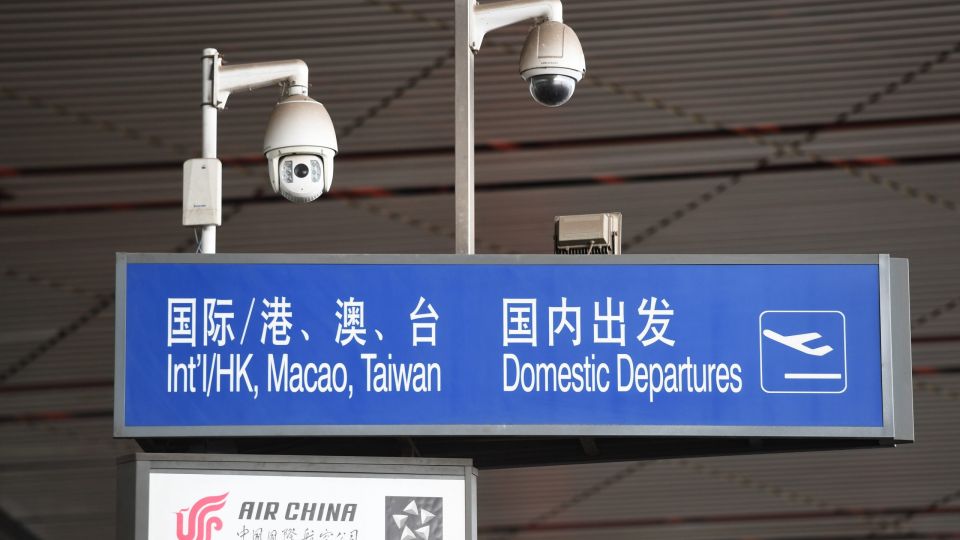May 2, 2019
A Taiwanese trade official said pro-democracy protest shows lack of trust between the two peoples.
A protest march in Hong Kong against a bill making it easier to allow extradition requests from authorities in China shows that Hong Kong residents lack confidence in China’s judicial system, a Taiwanese official said yesterday.
Chang Hsiao-yueh, the head of the Taiwan-Hong Kong Economic and Cultural Co-operation Council (THEC), which handles Taiwan’s contacts with Hong Kong, said the fugitive amendment bill does not solve any problems or close legal loopholes.
Instead, it has caused fear, and the protest march on Sunday shows that the people of Hong Kong have no confidence in China’s judicial system, she told CNA.
The Fugitive Offenders Ordinance amendments are very likely to affect the rights and interests of Taiwanese in Hong Kong, as authorities in Beijing can cook up charges to arbitrarily extradite people to China to stand trail, she argued.
Citing the example of Taiwanese democracy activist Lee Ming-che, who is serving a five-year-prison term in China on charges of subversion of state power, Chang said there are many Taiwanese who are worried about the proposal.
She also called on the Hong Kong government to communicate and consult with Taiwan pragmatically on the issue and decide on extraditions to Taiwan on a case-by-case basis as the best solution.
The Hong Kong government argued Sunday that the amendment bill can resolve loopholes, while upholding the rule of law and judicial independence, referring to the existing lack an extradition agreement between Taiwan and Hong Kong.
It said in a statement that the special administrative region does not have the legal authority at present to extradite Hong Kong citizens suspected of committing a crime in Taiwan to the island, and the proposed provision would resolve that problem.
The issue is especially timely in the wake of a murder case in Taiwan last year in which a 20-year-old Hong Kong woman named Poon Hiu-wing was suspected of being killed by her boyfriend Chan Tong-kai (陳同佳) while on holiday.
Chan has been able to evade justice because of the inability to extradite him to Taiwan.
That has to be weighted, however, against the possibility that the proposed law will give China too much power to act arbitrarily, something Hong Kong said would not be a problem.
“All existing human rights and procedural safeguards provided for in the current legislation will be maintained under the case-based arrangements for criminal and juridical assistance,” the Hong Kong government said in the statement.
The march on Sunday saw around 130,000 hit the streets in protest, according to the organizers, but Hong Kong police estimated the figure to be 22,800 at its peak.


